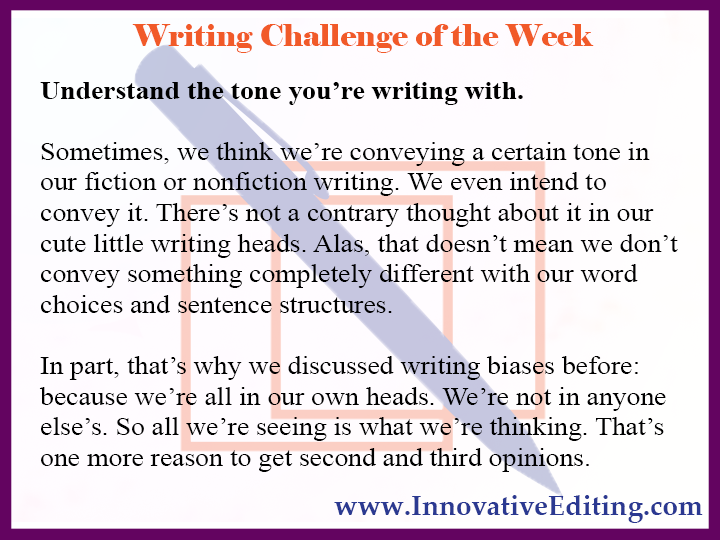“Too Many Big Words” – Could I Get Some Reader Feedback?
- Jeannette DiLouie
- Jul 31, 2017
- 4 min read

I’ve recently been informed by a close but potentially unreliable source of mine that Dirty Politics 1: The Politician’s Pawn has “too many big words” in it. As such, this person is probably never going to finish my political thriller.
If he’s right and that’s true, then this book runs against everything I teach in my creative writing courses, my creative writing tutorials and my creative writing editing. Actually, my editing in general.
No matter what you’re working on, whether it’s a story manuscript, marketing copy, blog post or professional piece, it should never be about lording your oh-so-high IQ and oh-so-loft vocabulary over your readers. As a writer, your job isn’t to awe your audience into bowing down at your brilliance, kissing your feet and crying out, “We’re not worthy. We’re not worthy!”
Writing is supposed to be about making connections. It’s supposed to be about engaging with readers, interacting with them and encouraging them to think a different way, whether that’s in the form of losing themselves in a story, learning something new or considering a different point of view.
The best way to do that is to be clear and unpretentious in what you say and how you say it. Which is pretty much synonymous with “don’t use too many big words.” Because the more big words you use, particularly in a row, the more complicated it becomes for everyone else to figure out what in the world you’re talking about.
This has nothing to do with people’s intelligence levels. I’m a very intelligent person who, according to the one IQ test I took, could join Mensa (not that you’d always know that listening to the ridiculous things that come out of my mouth). Plus, being the introverted bookworm I am, I’d say I have an above-average understanding of English vocabulary.
However, when I see a sentence full of large or unusual words, even if I know very well what each and every one of them means individually, it’s going to take me longer to figure out what they're saying together. For that matter, it’s going to take longer for anyone to figure out what it’s saying.
Knowing that is why I got such awesome grades on all of my essay tests back in college. I’d just throw around a lot of big words, knowing full well that my professors 1) wouldn’t want to take the time to figure out what I meant and 2) would automatically expect me to have said something profound… even when I didn’t.
Put another way, “Ain’t nobody got time for dat.” For real.
There was once a book I really, really, really wanted to get. It was about the Constitution, detailing the historical, political and original intent of each amendment.
Sounds awesome! Right?
Yeah, you might be thinking. If you’re a history nerd and political junky. If you actually have a life though, not so much.
I’ll grant you that. But moving on…
When I finally got around to buying the thing, I was exceptionally excited (because I am a history nerd and political junky). Yet when I opened it up, my enthusiasm died after one page thanks to the writer’s pompous vocabulary choices.
There’s simply no excuse for saying something like, “The Constitution of the United States of America is an inimitable manuscript authenticated at a momentous historical juncture” when you can simply say, “The U.S. Constitution is a unique document created at a major moment in history.”
Annoyed by the author’s abuse of his writerly role, I put that book down and never picked it back up again. The way I see it, the writer’s a major snob and I want nothing to do with him.
That is not the conclusion I want my own readers to come to concerning me. So I have a proposition for you all…
I would love to send you a free Kindle copy of The Politician’s Pawn in exchange for your honest opinion about whether I use too many big words or not. If I do, then I need to go back and fix it up.
So if you’re reading this before the end of August 2017 and you’d like to take me up on this offer, shoot me an email at JDiLouie@InnovativeEditing.com. Just two disclaimers before you do:
The Politician’s Pawn is a political thriller, so there is political commentary in it, no matter how hard I tried to keep it open-ended overall. The way I look at it, Dirty Politics 1 is going to come across as anti-socialist, Moves and Countermoves is going to look more anti-Democratic, and Amateurs Play Elsewhere is going to seem more anti-Republican, while the larger theme throughout the series is anti-politicians period, since I can’t stand any of them.
There’s no bad language used in this series and no explicit scenes. However, it is a thriller, so there is drama – sometimes intense amounts of it. As such, I don’t think I’d recommend The Politician’s Pawn to anyone under the age of 14. Consider yourself forewarned.
If you’re okay with those two qualifiers, then let me know! Again, the email address is JDiLouie@InnovativeEditing.com.
I’d love your reader feedback on The Politician’s Pawn one way or the other… even if it is to say that I use too many big words.




